

Faith is everything to me. I believe in Jesus Christ as my personal Savior, and I’m not shy about saying so. Many Americans feel uncomfortable talking about faith, and many others insist religion should stay out of the public square. I disagree. As a Christian, I want more people to know Jesus, who loves them more than they can imagine.
But I also know that people walk different spiritual paths. Some pray differently. Some worship a different god. Others reject religion altogether. America now holds more faith traditions — and more people with no faith — than at any point in our history. That diversity can spark friction, and as politics fills the void left by declining religious belief, many have turned ideological loyalties into a kind of substitute religion.
America’s diversity guarantees disagreement. It always has. But even in conflict, we can find places to unite.
The risk is obvious: These differences can push us toward a breaking point. The warning signs already surround us. In a moment like this, we need grace.
What grace demands
In Christianity, grace is God’s love poured out freely. Eternal life is His gift — not because we earn it or because we are good, but because God is good.
On Earth, grace takes a more practical form. It means giving each other the benefit of the doubt. It means forgiving mistakes. It means choosing generosity instead of suspicion. And it means approaching someone else’s beliefs with curiosity rather than contempt.
For reasons I still struggle to understand, Americans have stopped trying to understand one another.
Last year, I hosted a meeting of community, business, and faith leaders in my hometown of Grand Rapids, Michigan. The agenda was full of topics that normally light a fuse: poverty, economic exclusion, racial tensions. Before we began, I admitted that some of the terms we would use carried heavy baggage and that I might say something imperfectly myself. I asked only one thing: a little grace.
That simple request set the tone for the whole day. People pushed through the hard conversations and started looking for solutions. We found common ground in places no one expected. The debate stayed calm because everyone extended grace before they demanded it.
I wish that spirit were more common today.
Why grace is hard — and necessary
Too many people explode at the first sign of disagreement. They judge others more harshly than they judge themselves. They dismiss someone with a different view as beyond redemption. The unspoken thought is always the same: Why bother? They won’t listen to me, so why should I listen to them?
RELATED: Dear Christian: God didn’t call you to be a ‘beautiful loser’
 Photo by Beata Zawrzel/NurPhoto via Getty Images
Photo by Beata Zawrzel/NurPhoto via Getty Images
It’s a natural impulse, but grace calls us to something higher. It reminds us that the person across from us carries the same human frailties we do.
Grace does not mean surrendering your convictions. It does not ask you to dilute what you believe or pretend serious disagreements don’t matter. It simply asks you to respect the strength of someone else’s convictions, even when you oppose them. It asks you to accept that everyone is imperfect — including you. And because each of us hopes for forgiveness when we stumble, grace asks that we extend that same forgiveness to others.
America’s diversity guarantees disagreement. It always has. But even in conflict, we can find places to unite. Recovering that unity starts with a simple choice: showing each other a little grace.
.png)
 3 hours ago
1
3 hours ago
1

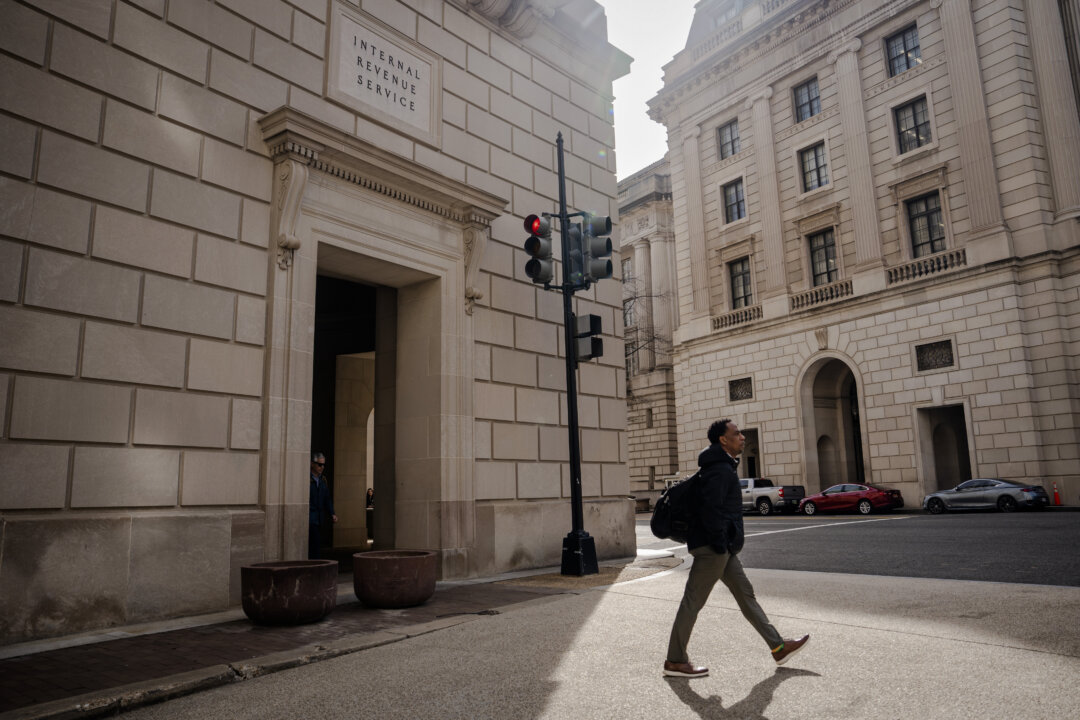

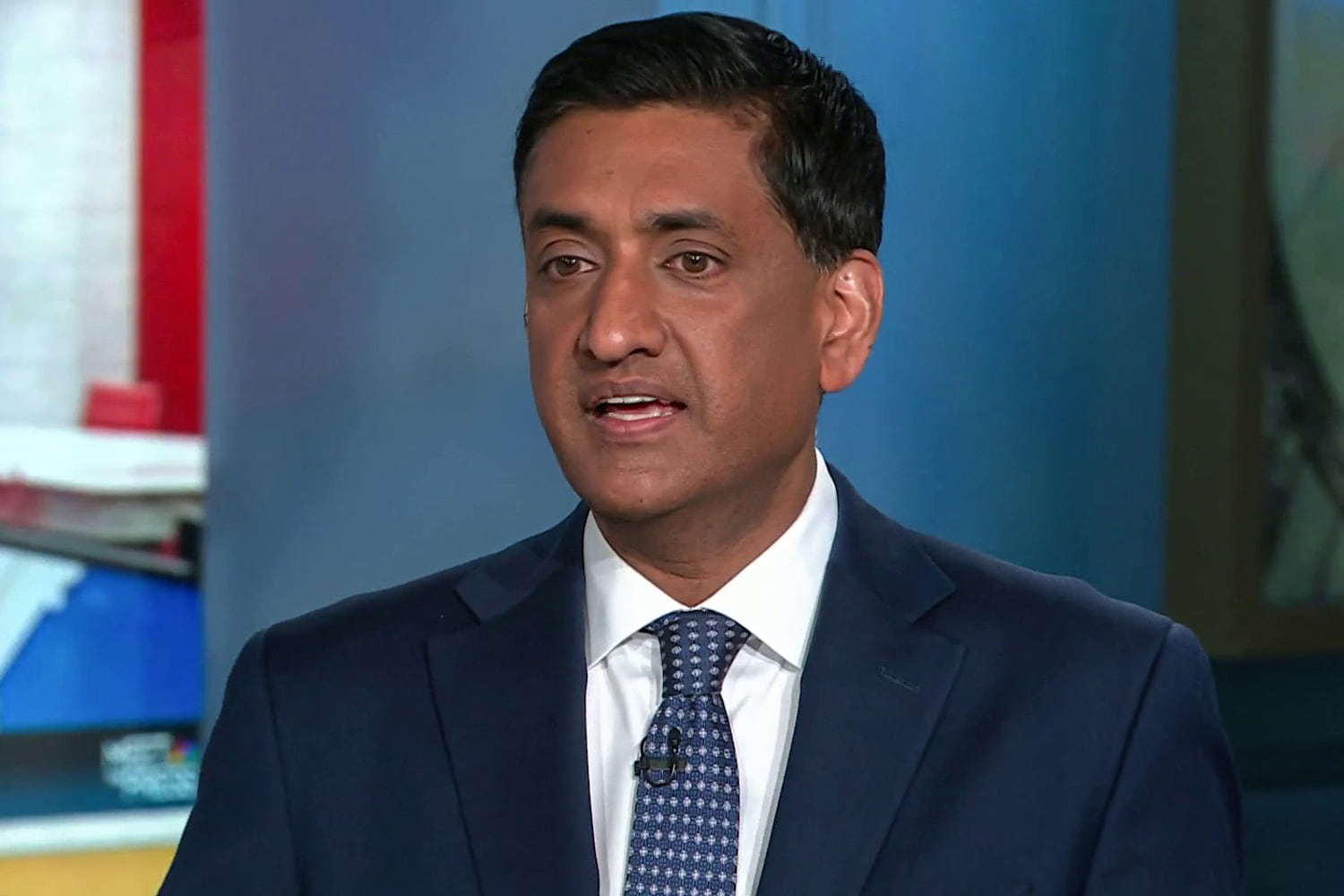

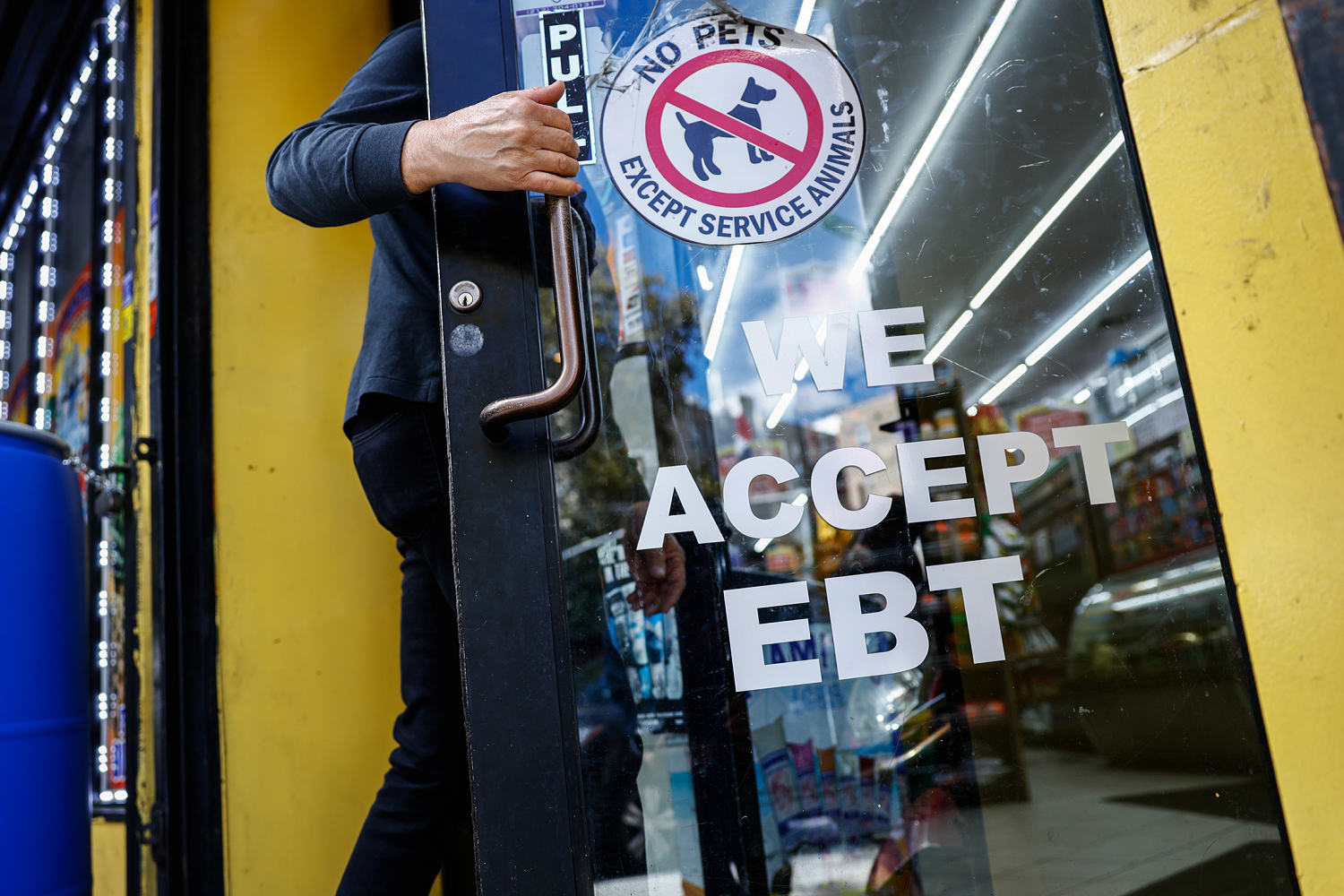
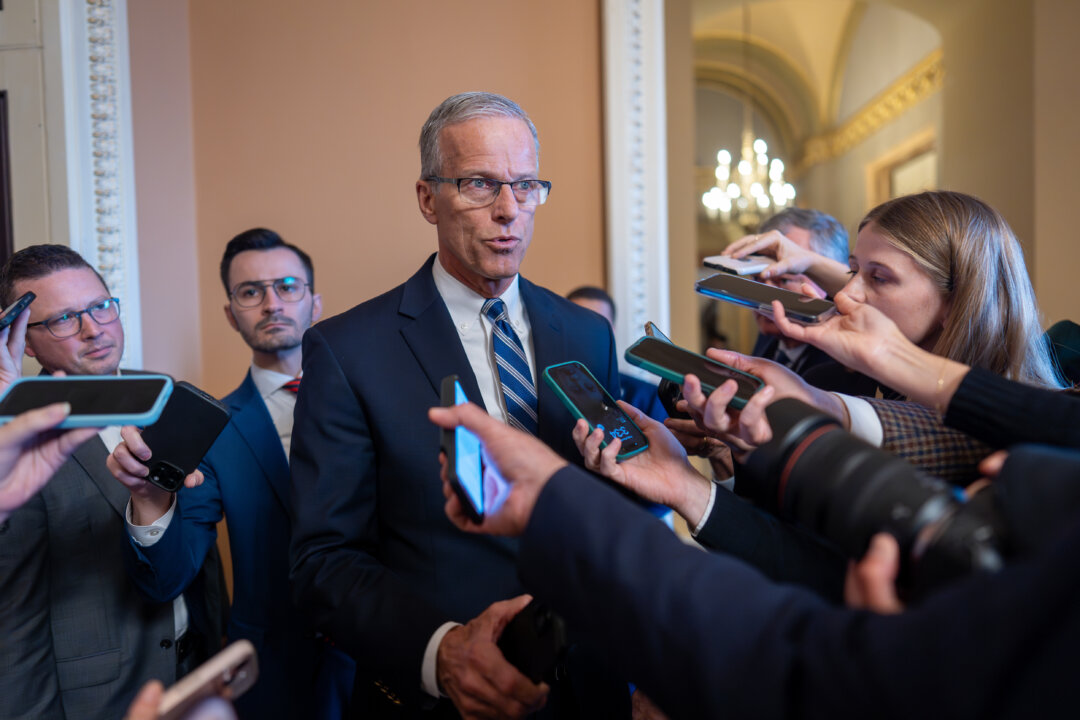





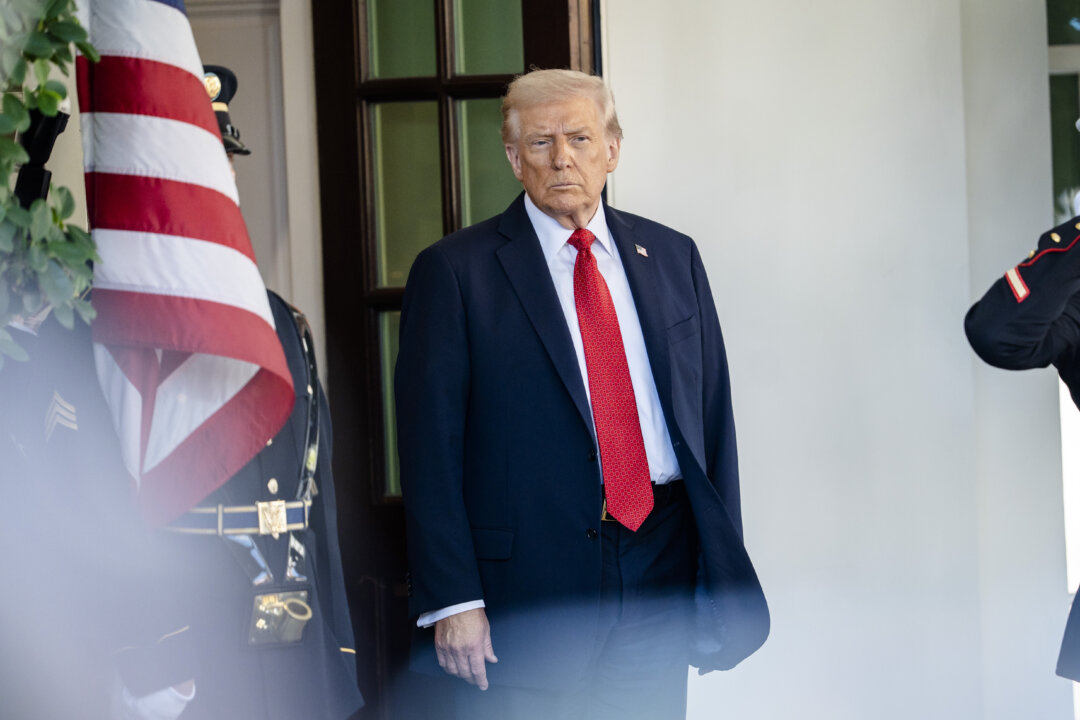


 English (US)
English (US)